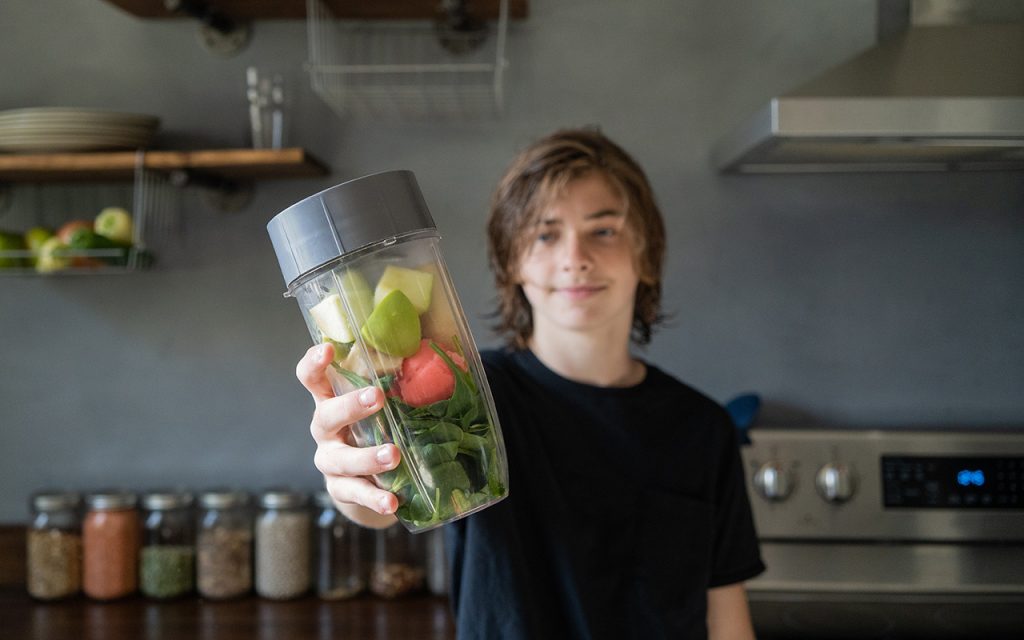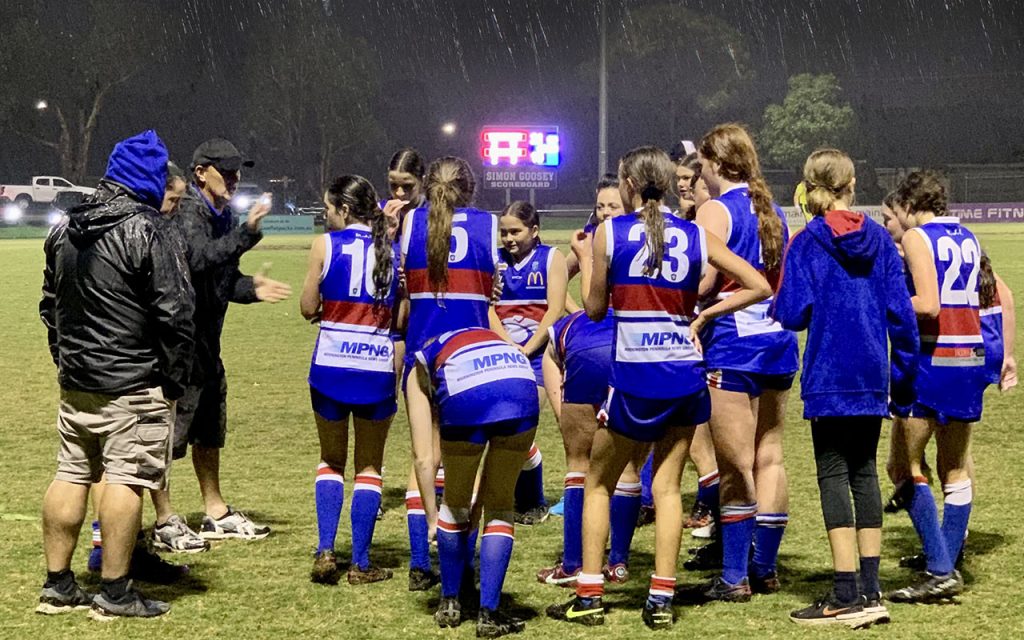By Chloe McLeod
With the winter sports season upon us, ensuring their teens are physically prepared for the challenges of winter sports is essential. Here are my top tips to help parents support their active teens, focusing on balanced nutrition, hydration, and injury prevention.
1. Build Strong Bones:
Teenagers undergo rapid growth during adolescence, making it one of the most important times for developing strong bones. Calcium-rich foods such as milk, cheese, yoghurt, leafy greens, and fortified cereals play a key role in building bone density. This foundation will support teens during the physical demands of sport and help prevent future injuries.
2. Prioritise Balanced Nutrition for Energy and Recovery:
Active teens need meals rich in carbohydrates, proteins, and healthy fats to meet their energy demands. Protein sources like lean meats, dairy, eggs, and legumes help muscles recover post-training, while whole grains and fruits provide long-lasting energy.
3. Stay Hydrated:
Hydration is just as critical in winter as it is in summer. Encourage your teen to drink water regularly throughout the day and consider nutrient-rich options like milk or electrolyte drinks after intense sessions to refuel and rehydrate.
4. Address Nutrient Gaps:
A recent study shows that up to 90% of Australian teenagers aren’t meeting their recommended dietary intakes for key nutrients like calcium and vitamin D. Ensuring teens get a variety of whole foods, including dairy, fruits, vegetables, and fortified products, can help fill these gaps.
5. Rest and Recover:
Adequate sleep is essential for physical recovery and performance. Teens should aim for 8–10 hours of sleep each night, especially during busy training periods.
6. Prevent Injuries with Warm-Up Routines:
Dynamic warm-ups, strength training, and stretching can build resilience and reduce the risk of injuries. Incorporating exercises that improve balance and flexibility is particularly beneficial.
7. Pre- and Post-Training Snacks Made Simple:
Finding the right snack can be tricky, especially between school and training. Smoothies can be a quick and versatile option for pre- or post-training nutrition. Combine ingredients like milk, yoghurt, fruits, oats, or nut butter to provide energy and aid recovery without feeling too heavy.
Winter sports training can be physically demanding on growing bodies. Parents can make a real difference by helping their teens maintain a balanced diet, stay hydrated, and recover properly. Simple steps like including calcium-rich foods and hydrating well after training can go a long way toward preventing injuries and keeping teens at their best.

For teens who avoid core food groups or who are vegetarian, it’s important to find alternative sources of key nutrients. Avoiding whole food groups during adolescence is generally not recommended, as this stage of life marks the most significant growth spurt since early childhood.
Cutting out dairy, for example, may mean missing out on high-quality protein and calcium – both essential for building strong, healthy bones and muscles. Fortunately, dietary guidance has evolved, and options like A1 protein-free milk or lactose-free dairy allow those with sensitivities to still benefit from dairy’s nutritional value.
Likewise, vegetarian teens need tailored advice to ensure they consume adequate protein and essential nutrients for growth. Consulting a dietitian can help teenagers make informed choices to meet their nutritional needs without compromising on key nutrients.
This balanced approach ensures teens have the fuel they need to thrive in sport and sets the foundation for long-term health.
Chloe is founder and director of nutrition consultancy Verde Nutrition Co, where she works with her team to provide individual nutrition consultations via Telehealth. With a Bachelor of Nutrition and Dietetics at Flinders University and a Masters of Public Health at the University of Sydney, Chloe’s passion and expertise makes her one of the leading experts in nutrition in Australia.

